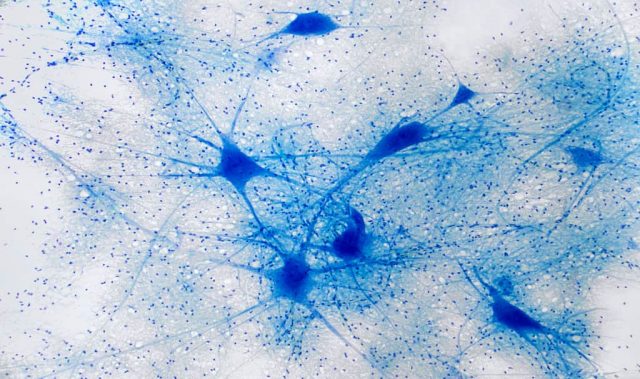
Asian Scientist Magazine (Aug. 1, 2022)–In a first-of-its-kind program, the Singapore Institute of Technology (SIT) and Southeast Asia’s first precision gut microbiome company, AMILI, have joined forces to optimize leftover kale stems to create prebiotics specifically for the Asian population.
The gut microbiome is a bustling community of trillions of bacteria, yeasts, fungi, and viruses that are also central to our immune system’s ability to manage diseases including obesity and diabetes. With the differences in dietary patterns between Western and Asian populations, Asians are found to generally have less Bifidobacteria and Bacteroides in their gut microbiome—probiotics which are crucial in the digestion of lactose, animal fats and animal protein.
“People living in Asia generally consume more carbohydrates, fewer dairy products and, to a certain extent, less processed food compared to the western populations,” Dr Gwendoline Tan, Vice President, Corporate Development, AMILI, explains. “On the other hand, western diets are enriched in total fat, animal fats, and refined sugar. These differences in dietary patterns have a strong effect on our gut microbiome.”
Researchers at SIT and AMILI discovered that kale stems in their powder form are not only strong catalysts for the growth of these two types of probiotics but can also supplement the daily required intake of soluble and insoluble fiber.

“Prebiotics are a form of dietary fiber that feed the “friendly” bacteria in your gut,” explains Associate Professor Cheow Wean Sin, the Co-Principal Investigator from SIT’s Food, Chemical and Biotechnology cluster. “It is an important nutrient that is key to promoting a healthy gut microbiome.”
She partners with Associate Professor Joy Pang, the Principal Investigator of the research program. Pang and her team verified that the kale stem prebiotics enhanced the growth of probiotics in in vitro experiments.
The researchers went through different processes and phases to achieve various results, where different drying methods, milling process and parameters were optimized to derive the highest quality prebiotics. The collaboration saw resources shared between the two parties—the freeze drying and milling of kale stems took place in SIT@Dover, while further testing and product development iterations were done at AMILI’s lab.
A new leaf of life for food waste
By exploiting the benefits of leftover farmed vegetables for gut health improvement, this applied research project utilizes food waste valorization — the process of converting leftover food or by-products into higher value products that contribute back to the food supply chain. The joint project is a continuation of SIT’s work in food side-stream valorization with home-grown agri-tech company Sustenir, which is known for producing clean, healthy superfoods such as kale, lettuce and spinach.
Set to become a key platform to advance human gut health research and development, SIT will further develop kale stems as a prebiotic to be incorporated into AMILI’s next generation of gut health supplements. This will be supported by Asia-centric microbiome insights from AMILI’s proprietary analytics engine PRIME.
The new commercial product aims to launch in the market in eight months’ time and will present a competitive edge to existing Western formulations. Apart from the research program on kale stems, SIT and AMILI intends to collaborate in knowledge exchange and more industry projects.
—
Top photo: Shutterstock
This article does not necessarily reflect the views of AsianScientist or its staff.












